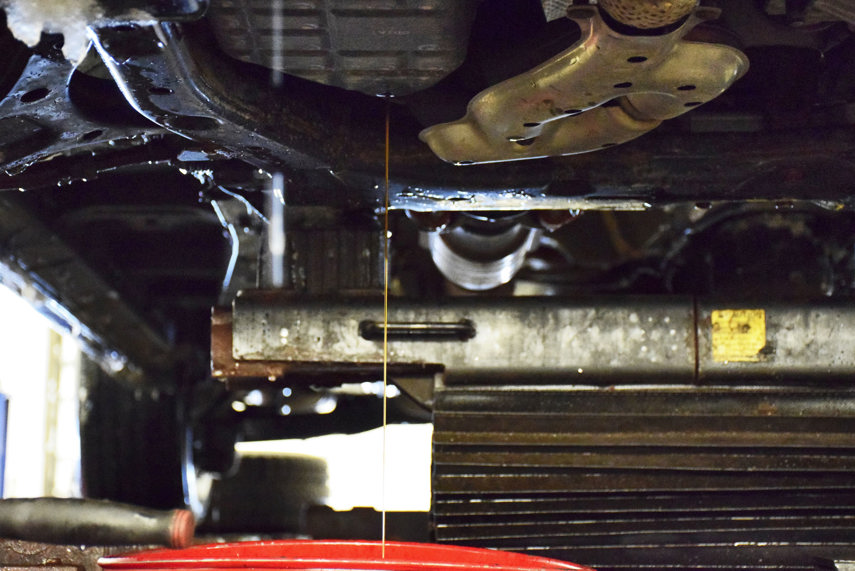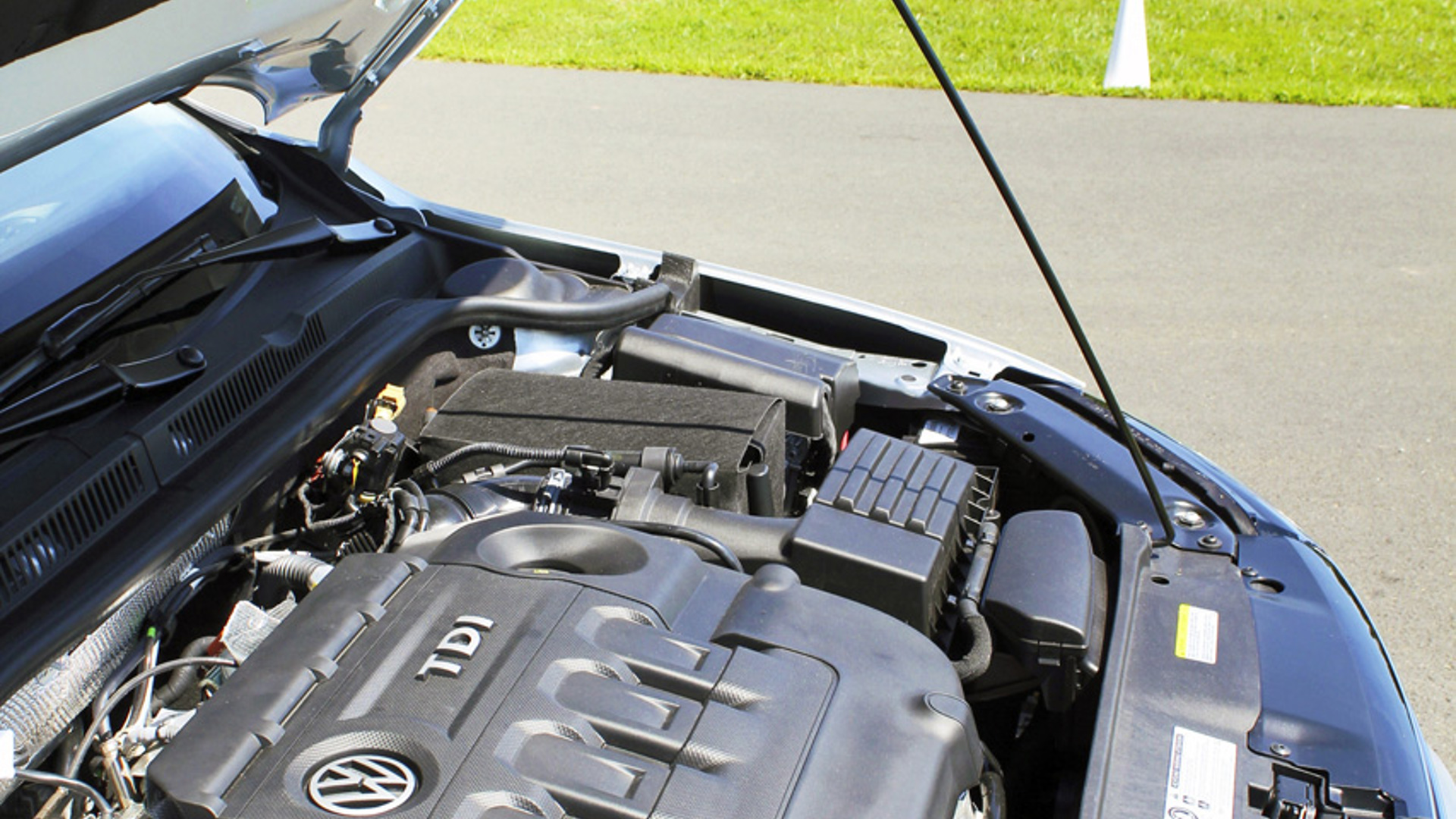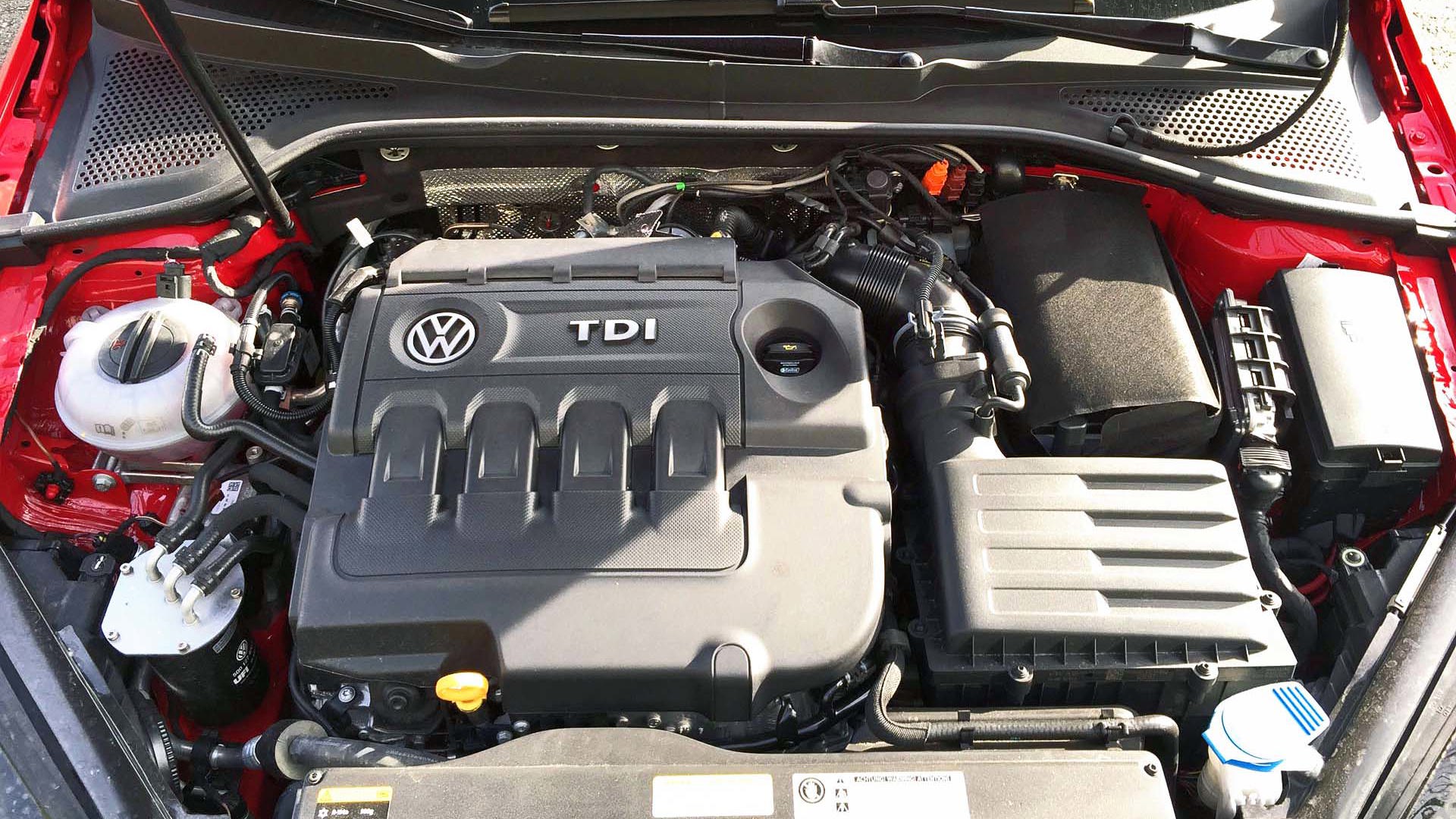Welcome to Goof of the Month! Every month, we ask for stories from our technician pals which highlight the need to understand one’s vehicle, how to maintain it, and how it works.
This month’s story comes to us again from Nick Labrie, a mechanic in Sudbury, Ontario. It looks at how, sometimes, a simple error can cause a very complicated array of issues. Labrie talked to me about a customer who made a small mistake, and then a much larger one, causing the repair bill to go from a few hundred dollars to a few thousand.
In this month’s instalment, the subject of our story made a fairly common mistake at the gas station, and then made an even bigger mistake that resulted in extensive damage to his family’s vehicle.
The Complaint

Labrie says that a regular customer had their Volkswagen Passat TDI delivered to his shop on a tow truck, just after a phone call saying the model had accidentally been filled with gasoline, not diesel.
“This is fairly common,” Labrie says. “Many of the cases I see are like this one. The Passat was from a multi-car family, and it was the only diesel car in their fleet. Sometimes people just forget and, by force of habit, grab the wrong pump and click the wrong button and fill up their tank”.
Filling a diesel car with gasoline is often a fairly innocuous mistake, and not necessarily a death sentence for the owner’s wallet, provided the driver realizes the problem as they’re filling the tank and takes corrective action. The least-expensive course of action is to stop pumping immediately, and have the vehicle towed to a mechanic for attention. Provided the driver doesn’t start the engine, the gasoline will be contained to the fuel tank and filter, and a mechanic can drain the undesired fuel mix, change the filter, and typically send the car on its way.
That’s not how things played out for Labrie’s latest customer.
The Mechanic

“Apparently, the family had their oldest son, who attends college out of town, visiting for the weekend,” says Labrie. “He was used to driving a gasoline car, which is probably why he made the mistake filling up. We’re not sure whether he realized the diesel-powered VW had a tank full of gas after pumping, but what we do know is that he filled the car from near-empty with gasoline, not diesel, and then tried to drive it home, about 7 or 8 minutes away.”
According to Labrie’s customer, the car never made it home.
“Diesel and gasoline are very different fuels, and engines use them very differently. When a diesel engine has gasoline injected into it, the gasoline has a much harder time igniting, meaning it can build up in the cylinders, compress improperly, or even leak in liquid form into the exhaust system, where it damages sensors and other parts. Gasoline has a hard time igniting in the environment of a diesel engine, though it can ignite, but probably at the wrong time. This can cause massive knock events which can instantly ruin the engine internals.”
Furthermore, diesel engines have various components and properties that make gasoline highly destructive when introduced to the fuel system. Diesel fuel injectors can be damaged by gasoline, since the injectors are precisely tuned to spray diesel, not gasoline, which has a different density. Diesel injectors typically run at much higher pressures than gasoline injectors, too. As such, injecting gasoline through a diesel injector can actually cause the injector to rupture, blow out its nozzle, or otherwise fail.
“Diesel also has lubricating properties that aren’t found in gasoline,” Labrie adds. “So it can damage fuel pumps, lift pumps and other components, especially if the mixture is more gasoline than diesel.”
Labrie notes that newer cars often have protective mis-fuelling protection implements, which make it harder for the wrong fuel nozzle to be inserted. Apparently that wasn’t the case with this vehicle.
The Outcome

Labrie’s customer didn’t get off easily. As a starting point, Labrie had to drain the full tank of fuel, change the fuel filter, diagnose and reset the emissions control system via the engine computer, and replace both an emissions sensor and a fuel system sensor, which had been ruined by contact with raw gasoline.
“All four of the fuel injectors had to be replaced, too,” Labrie notes. “They were destroyed by metal particles entering them from the fuel pump (also replaced), which isn’t lubricated if there’s gasoline pumping through it. Basically, the un-lubricated pump grinds itself up, and little metal filings get pumped into everything. Thankfully, the injectors didn’t rupture first, which can allow the metal contaminants to get into the cylinders themselves, causing even more damage.”
Additional work included flushing the fuel lines and extensive labour to reprogram and set up the new sensors, one of which required several attempts to get working properly.
Lesson Learned

Much of the cost incurred by this unlucky customer came from the fact that the car was driven after mis-fueling, rather than being towed to the dealer immediately.
“This repair bill was nearly $3,700,” Labrie comments. “And I’m a private shop. Thing is, this could have been a $300 repair, if the vehicle had been towed here [straight from the gas station]. But even starting the engine for a few seconds can cause damage, and it escalates from there. This diesel car was driven a few minutes on almost pure gasoline, and the damage was extensive.”
Labrie says that after advising his customers of the estimate for the repair, they had considered scrapping the car, but ultimately decided to repair it.
Lesson learned? If someone unfamiliar with your diesel-powered car is driving it, ask them not to visit the gas station, or take any precautions necessary to ensure it’s not mis-fuelled – be it additional warning stickers in the fuel door, or a locking gas-cap.
And, follow Labrie’s final advice: “If you put even a little bit of gasoline into a diesel engine, stop pumping, don’t start the engine, call a tow-truck and get the car to a shop. I promise – you’ll save thousands of dollars versus attempting to drive it.”

